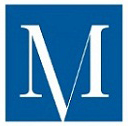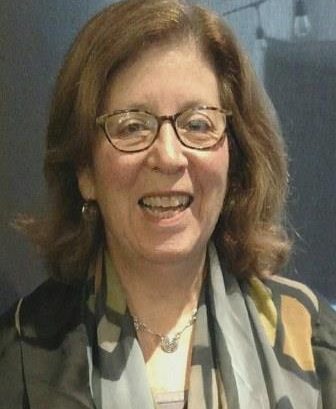The Melior Group Team Profile: Sindey Dranoff
A few years ago our President, Linda McAleer, was selected to be featured in the Philadelphia Business Journal as part of their ongoing CEO File series – and we created a throwback blog post to share some highlights about her leadership and personality.
Inspired, we decided to create a Melior Team Profile for everyone on our staff. By asking and answering these questions, we hope you’ll get to know us a bit more, both personally and professionally. Earlier we featured Vice President Liz Cohen.
This month, we’re taking the time to get to know Senior Project Director Sindey Dranoff, who recently became the leader of our Jewish Studies Initiative:
- Essential business philosophy: Don’t jump to conclusions, listen carefully and ask questions to clarify.
- Best decision: Going to Northeastern University in Boston. Northeastern’s Cooperative Education program exposed me to real life and the business world. Not only did I gain work experience, but I also had the opportunity to take these experiences back to the classroom and apply them in an academic setting.
- Word that best describes you: Fearless – I am willing to try new things and learn new things in business.
- The most important lesson you’ve learned: Honesty is the best policy – in life and in business. Be yourself and be true to yourself. This informs my work in ethics and compliance at Melior, as well as my other work and volunteer projects.
To learn more about Sindey, check out her full bio here.





